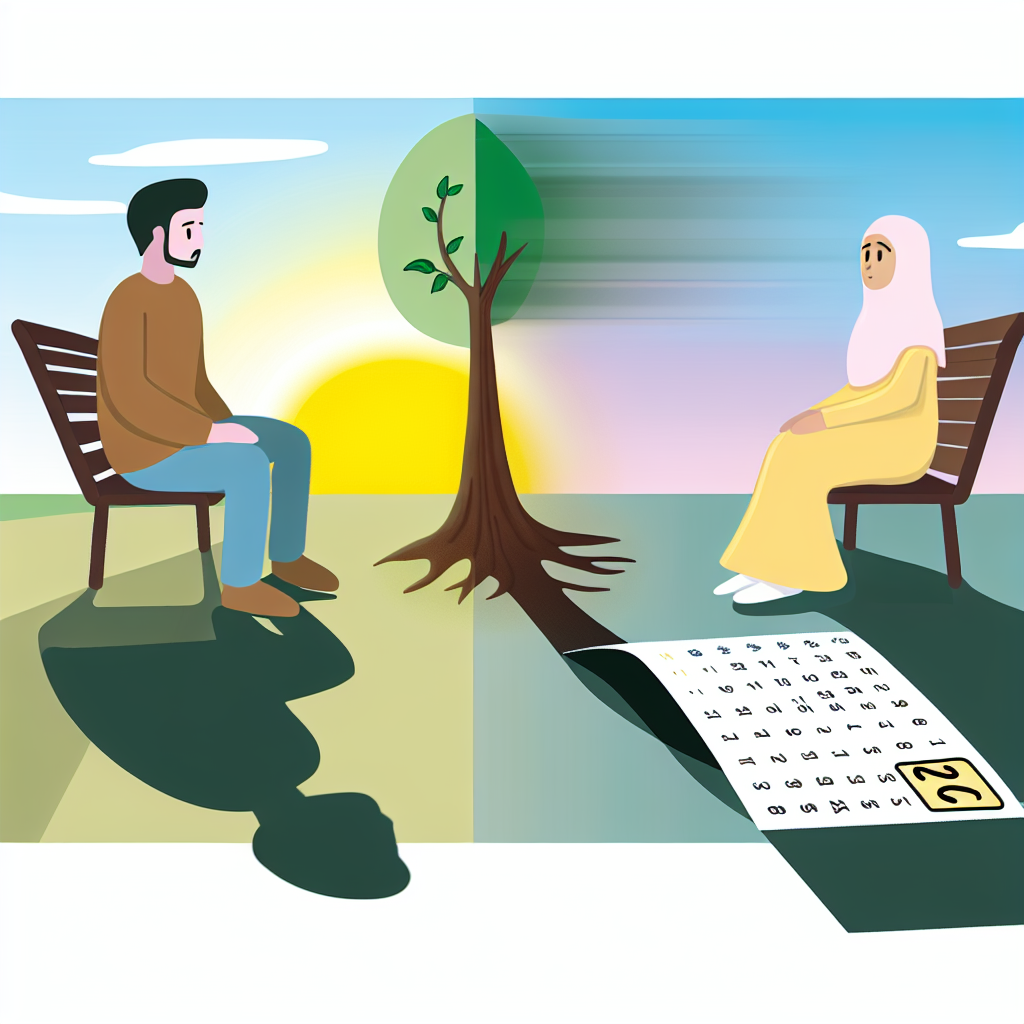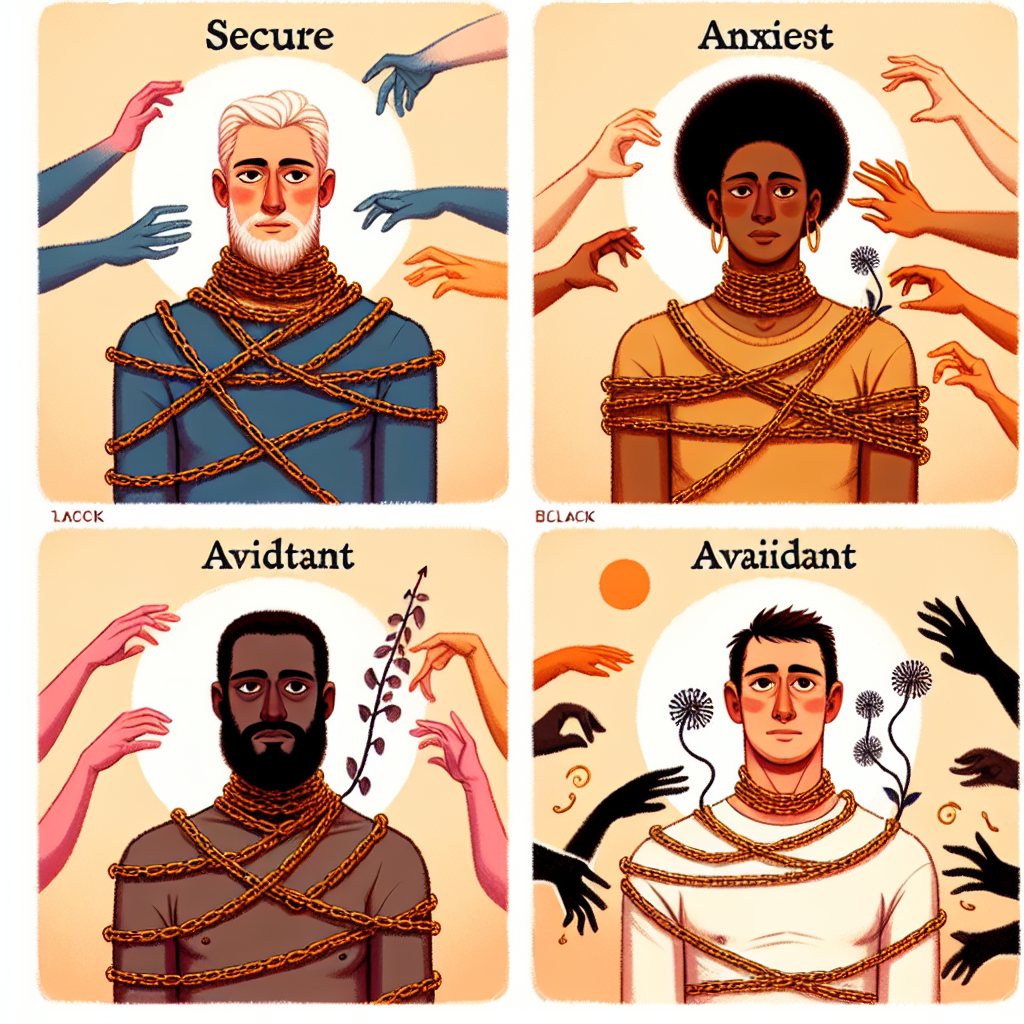**Audio-First Dating Apps: Why Voice Compatibility Is Becoming Essential**
In an era dominated by visuals, where photographs and perfectly curated profiles often define a person’s dating success, a silent revolution is taking place — or rather, a vocal one. Audio-first dating apps are gaining momentum, shifting the online dating paradigm from swipes based on appearances to deeper connections rooted in vocal chemistry. For singles navigating a landscape oversaturated with lookalike selfies and filtered perfection, voice-based dating offers a refreshing and more authentic approach.
The Science Behind Voice Attraction: Why We Fall for Certain Voices
Voice plays a significant and multi-dimensional role in human attraction. Scientists have been studying how vocal characteristics influence romantic and sexual interest for decades, and their findings support the trend spearheaded by audio-first dating apps.
Research published in the Journal of Nonverbal Behavior found that vocal tone can significantly affect perceived attractiveness. According to the study, women tend to prefer men with lower-pitched voices because they are often linked with higher testosterone levels and perceived dominance. Conversely, men often favor higher-pitched female voices, which can indicate youth and fertility.
But it’s not just about pitch. The Journal of the Acoustical Society of America reported that speech fluency, pace, intonation, and variation in tone can all influence perceptions of intelligence, trustworthiness, and emotional warmth. This offers audio-first platforms a unique advantage compared to text or image-heavy apps, where such nuances are lost.
Furthermore, neuroimaging research has shown that voice activates specific brain regions tied to emotion and reward—namely, the superior temporal gyrus and the limbic system. When someone hears an appealing voice, it lights up the brain’s pleasure centers just as powerfully as visual stimuli, and sometimes even more so depending on personal auditory preferences.
Another compelling dimension is “phonoaesthetics”—the aesthetic quality and emotional effect of sound. What might be an unremarkable accent to one listener could be powerfully attractive to another. Voice, therefore, opens up the dating experience to a broader and more personalized dimension of compatibility.
Professionals in psychology and relationship counseling are also beginning to recognize the role of vocal chemistry in communication and bonding. According to Dr. Linda Young, a psychologist and relationship expert, “The voice carries emotional data. When people fall for each other, the resonance and rhythm of their speech often start to align—creating a literal harmony that supports deeper connection.”
Conclusion: Why Voice Is the Future of Authentic Online Dating
Voice is more than just sound—it’s a conduit of connection, emotion, and authenticity. Audio-first dating apps are not simply a passing trend; they are reshaping the online dating landscape by placing human communication front and center. For singles aged 18 to 80, these apps offer a deeper, more natural way to build compatibility, prove attraction, and foster long-lasting relationships.
By moving beyond surface-level photos and text bios, audio-first apps reintroduce nuance, sincerity, and emotional resonance into every “match.” Whether you’re an extrovert who loves to talk or an introvert looking for quieter, more meaningful connection, letting your voice lead the way might just be the key to love in the modern age.
Summary: Audio-first dating apps are revolutionizing the online dating landscape by prioritizing vocal chemistry over physical appearances. This shift towards a more authentic and emotionally-driven approach to connection is backed by scientific research on the powerful role of the human voice in attraction and bonding.
Reference Links:
– [Journal of Nonverbal Behavior](https://link.springer.com/journal/10919)
– [Journal of the Acoustical Society of America](https://pubs.aip.org/asa/jasa)
– [Dr. Linda Young, Psychology Today](https://www.psychologytoday.com/us/experts/linda-young-phd)
– [Neuroimaging Research on Voice](https://www.sciencedirect.com/science/article/pii/S1053811904003468)

Dominic E. is a passionate filmmaker navigating the exciting intersection of art and science. By day, he delves into the complexities of the human body as a full-time medical writer, meticulously translating intricate medical concepts into accessible and engaging narratives. By night, he explores the boundless realm of cinematic storytelling, crafting narratives that evoke emotion and challenge perspectives. Film Student and Full-time Medical Writer for ContentVendor.com




